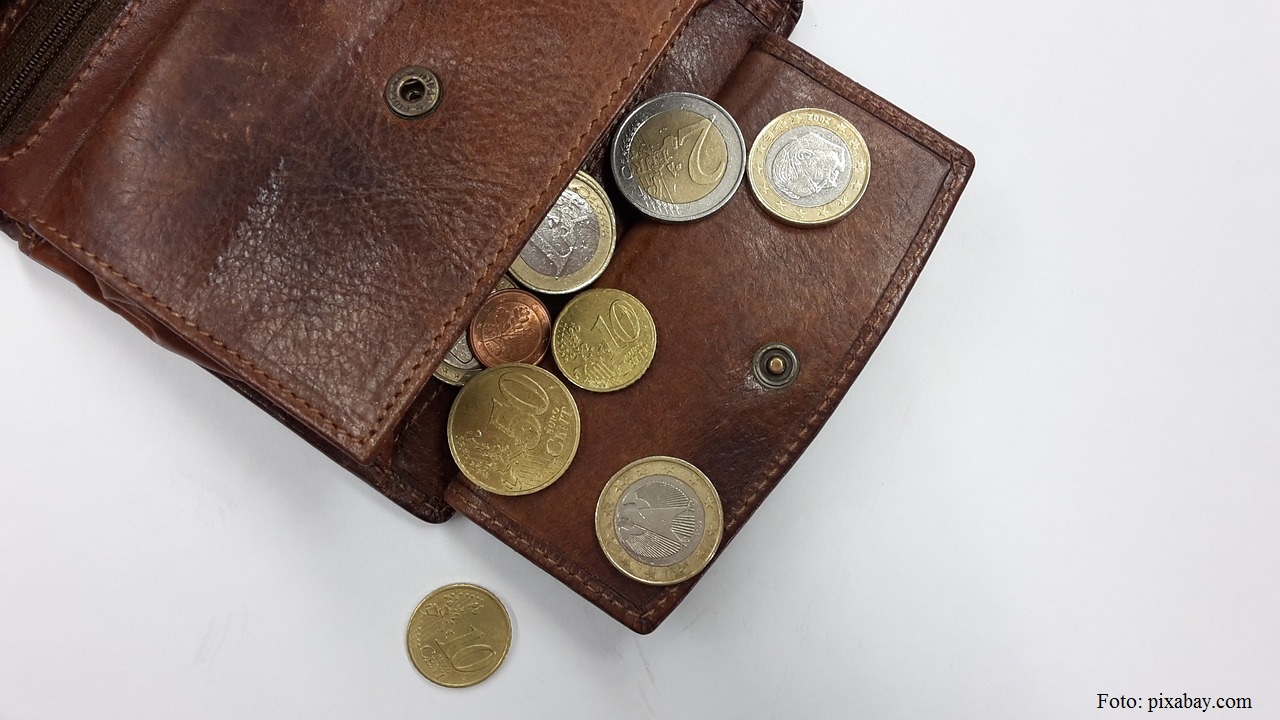Social entrepreneurship
Usually, when we refer to entrepreneurship or to starting a business we think of an activity that has as a result financial gains.

Christine Leșcu, 08.05.2019, 13:30
Usually, when we refer to entrepreneurship or to starting a business we think of an activity that has as a result financial gains. Profit is, in this context, a strictly economic matter. In recent years however, another type of entrepreneurship has emerged, making us see profit from a social perspective, in the sense that an enterprise can also be aimed at offering professional training and jobs to underprivileged categories. This is what Atelier Merci, a social tailor atelier, does. It supports social and medical cases by employing underprivileged people, and by using the profit to support humanitarian cases and recycle textiles received as donations.
Daniela Staicu, one of the entrepreneurs that opened this store of good deeds, as Atelier Merci defines itself, was a Fulbright student at the Penn State University in the US. On that occasion, she studied extensively for her PhD thesis focusing on social entrepreneurship in the textile sector. Consequently, she is the best person to tell us more about social entrepreneurship in Romania.
Daniela Staicu: “Little by little such initiatives started to gain ground in Romania as well. There are quite a few of them in Bucharest, but also in Iasi and Cluj. Unfortunately, legislation in the field does not encourage social businesses at all. These social enterprises are aimed at creating jobs for certain categories of people, such as single moms. I am talking about people without any formal training and who have never had a job. These people must be trained, they must be helped to adjust to the routine of a daily job. At the same time, this type of business competes on the market with another business, with a similar core object. It is rather impossible to do good and have a profitable business at the same time. In Germany and Italy, for instance, there is separate legislation for social businesses precisely because, especially at the beginning, they can be facing financial difficulties. For this reason it is important that these fiscal businesses should be granted certain tax benefits that should allow them to grow and have an increased social impact.”
A number of social businesses opened in Romania in recent years. In the recycling sector for instance, a social atelier was opened in Bucharest where underprivileged people are hired to recycled advertising banners and turn them into bags, purses and wallets. There is also a bakery where single mums, with small incomes, make artisanal bread. The revenue or profit of these enterprises is in fact the chance granted to employees to have a decent living or get a second chance.
This is what Atelier Merci does, as Daniela Staicu tells us: “At present, at the atelier we receive donations consisting in men’s shirts which we turn into bags that are then sold online to women. This is the type of recycling that we do. In fact, we give another life and another utility to a product. This type of recycling can be done in many different ways but consumers also need to be educated in the sense of purchasing this type of items that are a little bit used.”
Education helps consumers understand that by turning old items into new ones important material resources are saved, which can also have a positive impact on the environment. Moreover, they understand they are also giving a helping hand to someone in need.
Daniela Staicu: “At present, we have only one employee but we will hire another person soon. Our atelier is a social enterprise not only due to this recycling component, but also due to the fact that we create jobs for underprivileged people. Underprivileged means that they have a difficult family situation that they have had health problems that prevented them from working or they lack any special training. We make this effort in order to create more jobs needed to develop the atelier but also to give a chance to those who want to work with us. So the social component mirrors both in the recycling activity and in the creation of jobs, as well as in the fact that the profit we make goes to our mobile dental clinic and to some other similar activities.”
The mobile dental clinic is called the Zana Merciluta. In fact it is a truck equipped with medical equipment that makes visits to poor rural areas to offer dental prophylaxis and treatment to children who do not have access to such services. As a Fulbright student and due to her involvement in social entrepreneurship activities, Daniela Staicu was invited at the launch of a global support programme for women entrepreneurs in developing countries — Womens Global Development and Prosperity (W–GDP) Initiative, the first whole-of-government effort to advance global women’s economic empowerment, under the patronage of Ivanka Trump.
Daniela Staicu: “I really enjoyed seeing at the launch American companies that promised to support this programme by offering women in those respective countries various products and services. So, at public and private level, there is an agreement to encourage social entrepreneurship and support it by various mechanisms that come from the public and private sectors. It is a partnership that has proven functional. It is it a good model and it must be analysed and applied in Romania as well. In the US, the government convinced some private companies to grant discounts and services to these future social businesses because they have understood they are a little more difficult to start and maintain than exclusively commercial businesses.”






























